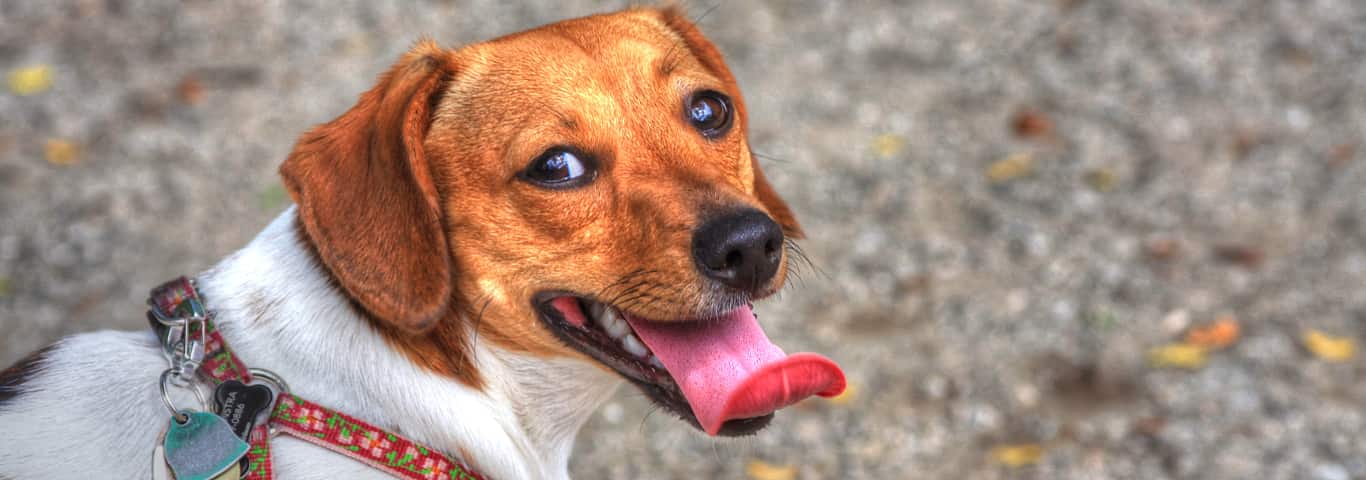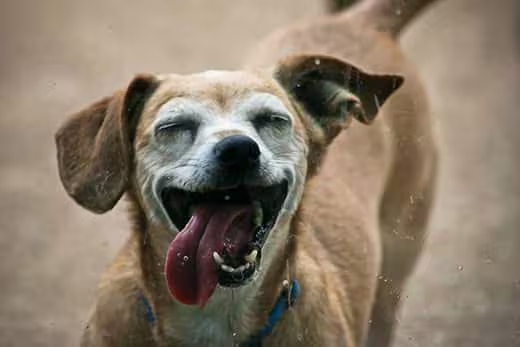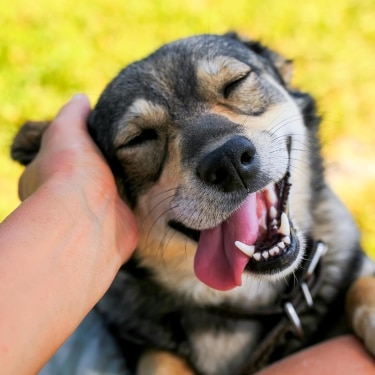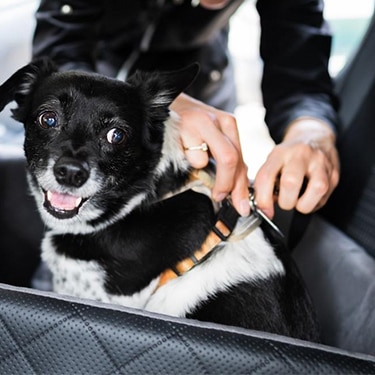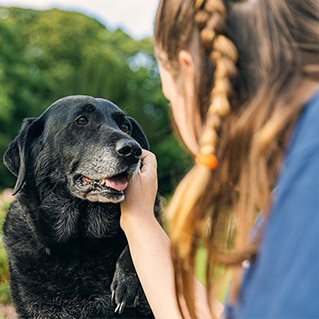Chiweenies are hybrid dogs known as designer breeds. They're the product of breeding a first-generation, or F1, purebred Chihuahua with an F1 purebred dachshund. Reputable breeders avoid generational crossbreeding, whether by breeding Chiweenies with either of the F1 breeds or by breeding them with other Chiweenies. This is primarily because F1 mixes tend to be the healthiest, says PetGuide.com.
As a relatively new breed, no standards exist for a Chiweenie's size and appearance. Like their parent breeds, Chiweenies tend to be small. According to DogTime, adults weigh anywhere from 5 to 12 pounds and measure from 6 to 10 inches at the shoulder — though your own pooch may be smaller or larger.
While typically short-coated, both Chihuahuas and dachshunds can be long-haired, as can Chiweenies. A Chiweenie's coloring is also like that of its parent breeds. Their most common coat colors are solid fawn, brown, black and white. It's also possible for a Chiweenie to be a mix of colors.
A Chiweenie's body is typically shorter and sturdier than that of a dachshund and their tail is usually long and narrow. The ears may be large, upright and triangular like those of a Chihuahua, or long and floppy like a dachshund — or they may be a combination of both. The face and muzzle are typically longer and narrower than that of a Chihuahua but shorter than that of a dachshund.
Chiweenies possess boundless levels of confidence and spunk — traits they inherit from both parents. Charming and playful, these dogs love attention. They tend to develop a strong bond with and an intense loyalty to one person, but they can also get along well with other family members.
While Chiweenies have a lot of energy, their small size means their exercise needs can be met by half an hour or so of walking combined with play sessions throughout the day. Dachshunds were originally bred to hunt rodents and have a strong prey drive that might pass on to some Chiweenies. But more often than not, Chiweenies show no interest in hunting.
If you're looking for a good watchdog to alert you to potential trouble, Chiweenies are definitely up to the task: They have a tendency toward excessive, high-pitched barking, and some people consider them to be yappy dogs. If you're not looking for a guard dog, though, early socialization and training can help curb a Chiweenie's barking.
Chihuahuas and dachshunds share a stubborn streak, which Chiweenies possess in spades. While this can make them difficult to housetrain, their intelligence and eagerness to please can outweigh their stubbornness. With patience, a calm but firm regimen and consistency, you can train Chiweenies quite successfully.
Thanks to their small size, Chiweenies make great apartment dogs, though their barking might not win you any points with your neighbors. They tend to be best suited as only pets for singles, couples or small families with older children. They may get along better with cats or other small dogs than with larger dogs. Because of Chiweenies' small size, be sure to closely supervise their interactions with small children, as rambunctious kids could accidentally hurt a tiny dog.
Grooming needs tend to be low. A weekly brushing and occasional baths should suffice. These tiny dogs tend to be sensitive to colder temperatures and will happily wear sweaters and coats to stay warm. Because both their parent breeds are prone to dental issues, make daily tooth brushing and regular dental cleanings part of their overall grooming regimen.
Overfeeding Chiweenies can cause them excessive weight gain. Ideally, they should eat dog food formulated for small breeds with high energy. It's best to stick to a regular feeding schedule. Avoid leaving their food out and allowing them to graze. Also, keep in mind that treats should comprise no more than 10% of their daily caloric intake.
While the first Chiweenie puppies were certainly the result of unintentional crossbreeding, breeders didn't pair up dachshunds and Chihuahuas until the late 1990s. While the origin of this designer breed is uncertain, the trend most likely began in North America, ostensibly for the purpose of creating a dog that looks like a purebred dachshund without the accompanying back problems. Owing to the cuteness and charm of this mix, demand quickly soared. Because Chiweenies are hybrid dogs, the American Kennel Club doesn't recognize the breed, though it is recognized by several clubs devoted to designer dogs.
Adopt a pet. Change a life.
Are you prepared to adopt a pet? Use these tools to make sure you are ready for the commitment.
Adopt a pet. Change a life.
Are you prepared to adopt a pet? Use these tools to make sure you are ready for the commitment.












